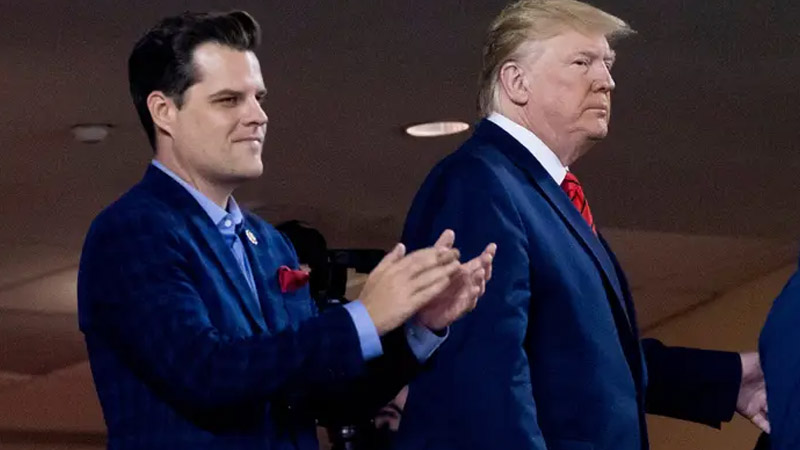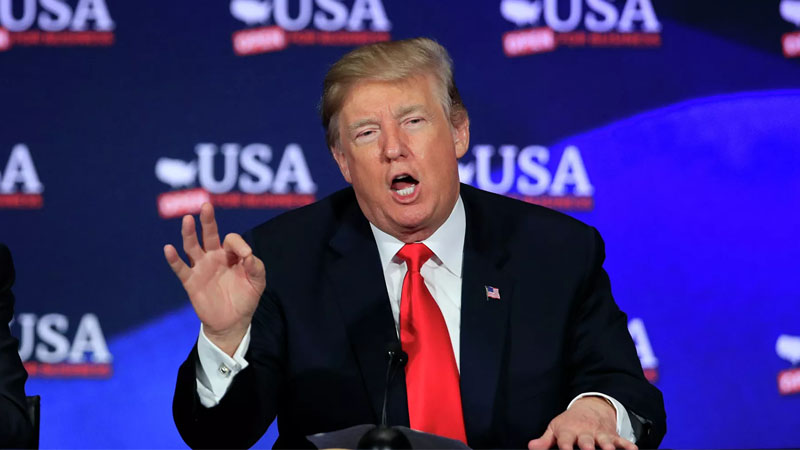Trump Urges Democratic Senators to Resign in Wake of Scandal

Photo Credit: Getty Images
In a startling twist following Senator Menendez’s bribery indictment, former President Trump has called for a mass resignation of Senate Democrats, sparking nationwide debate. The Hill News revealed on September 25 that Menendez allegedly accepted bribes from Florida eye doctor Salomon Melgen in a scandalous quid pro quo.
Trump quickly took to the stage, making explosive remarks, “Every last one of them should resign,” hinting at an intricate web of knowledge among Senate Democrats. Yet, Trump’s allegations came without solid evidence, drawing immediate backlash.
Leading the Democratic response, Senate Majority Leader Chuck Schumer labeled Trump’s accusations as “baseless and politically motivated.” He urged for patience, allowing the legal proceedings to determine the truth.
Prominent legal scholars joined the chorus of skepticism, stressing the fundamental “innocent until proven guilty” principle. With Menendez yet to be proven guilty, many see Trump’s demands as premature and potentially malicious.
This recent uproar reignites discussions about the role of former presidents in ongoing political discourse. While ex-presidents often stay politically engaged, Trump’s bold statement and its timing have raised eyebrows, with some suggesting ulterior motives.
His unprecedented call for a whole party’s resignation, without concrete proof, has sounded alarm bells about potential threats to democratic norms.
Still, Trump’s grip on the GOP remains firm, with many in his base potentially rallying behind his latest demand, further fueling America’s political divide.
As the Menendez case unfolds, its ramifications, fueled by Trump’s sensational call to action, are set to leave a lasting imprint on political dialogues and the upcoming election narrative.


